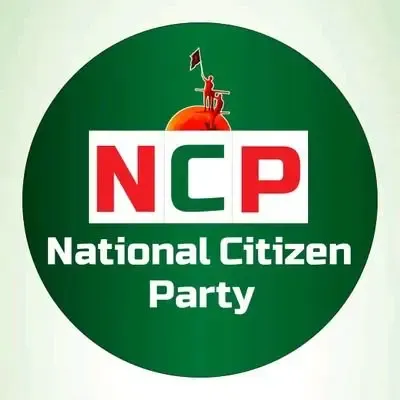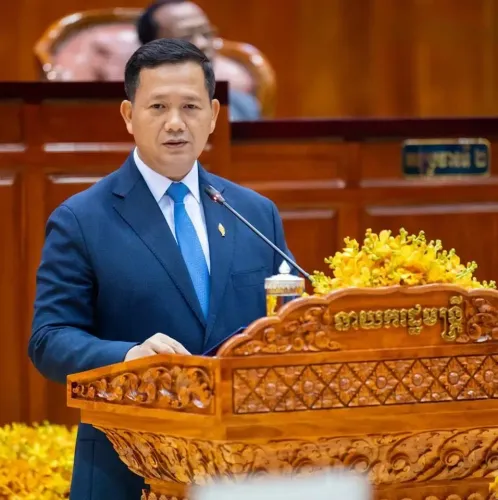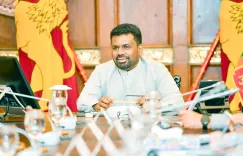Are Jamaat and NCP Clashing Over the PR System Before Bangladesh Elections?

Synopsis
Key Takeaways
- Jamaat-e-Islami is advocating for a proportional representation system.
- The NCP accuses Jamaat of political manipulation.
- Political tensions are escalating as elections approach.
- Both parties have conflicting agendas regarding reform proposals.
- Public trust in the democratic process is at stake.
Dhaka, Oct 20 (NationPress) As political tensions rise in Bangladesh ahead of the upcoming elections, the radical Islamist Party Jamaat-e-Islami and the National Citizens Party (NCP) are embroiled in a fierce exchange regarding the former's call for a proportional representation (PR) system, according to local media outlets.
At a joint press conference held in Dhaka, Jamaat along with seven other Islamist factions unveiled a three-day agenda as part of their fourth phase in a concurrent movement aimed at pushing their five-point demand. This includes a referendum on the July charter scheduled for November and the conduct of the upcoming national elections under a PR framework.
In response to this announcement, NCP Convener Nahid Islam took to social media, asserting that the 'Proportional Representation (PR) Movement' initiated by Jamaat was merely a calculated political ruse.
He claimed, 'It was specifically crafted to obstruct the Consensus Commission's reform process and shift the national dialogue from the essential issues.'
Nahid emphasized that the pivotal reform call for the establishment of an Upper House in Parliament based on the PR system was designed as a constitutional safeguard.
He accused Jamaat and its allies of seizing this agenda, trivializing it to a technical PR matter, and using it as a means to further their own narrow political motives, asserting that their intent was never genuine reform but rather manipulation.
'Jamaat-e-Islami has never participated in the reform discussions, neither prior to nor following the July Uprising. They have provided no substantial proposals, constitutional vision, or commitment to a democratic republic. Their sudden support for reform within the Consensus Commission is not a sign of conviction but rather a tactical infiltration, a political sabotage masked as reformism,' the NCP leader wrote.
Shortly after Nahid's comments, Ahsanul Mahboob Zubair, assistant secretary general of Jamaat, took to social media to label the NCP leader's remarks as 'vague' and 'deceptive.'
'We struggled to comprehend what he (Nahid) was trying to convey. The nation does not anticipate such immature remarks from him,' the Jamaat leader remarked.
Bangladesh is currently grappling with increasing uncertainty and political unrest as the election approaches.
The parties that previously collaborated with Chief Advisor to the interim government Muhammad Yunus to dismantle the democratically elected government of the Awami League, led by Sheikh Hasina, are now at odds over reform proposals.









